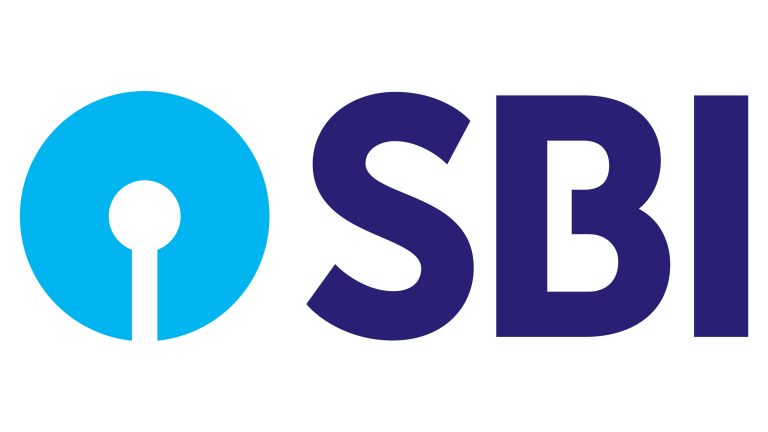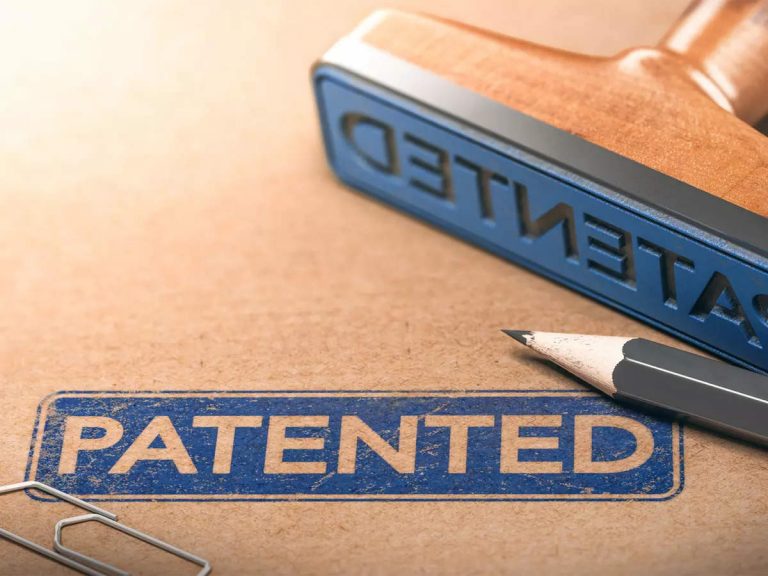Intellectual Property Provisions and Protection for Startups in India
India, in the past year, has come up to be a major hub for successful startups. Startups have powered through the pandemic and emerged as major players in their respective industries. At present, there are over 60 unicorn startups in India, out of which 21 entered the list in the past eight months. Their success is massive and displays the climate in the country that acts as an incubator for such companies and businesses.
To reach their complete potential, startups have to go through multiple legal and administrative barriers to establish themselves. One of the major areas that they might miss out on is IP. We are here to help you with provisions that are startup specific and will help in avoiding possible future infringements and legal troubles.
Startups and IP: The Need
Startups must recognise the need for investing in strong IP protections but, also ensure that they are not the ones infringing upon another’s. For instance, there is a startup by the name of ‘Desaun’ and there is a major company by the name of ‘Dessaun’ that had been in the market for a significant period. The startup has a domain name ‘desaun.com’ which is assumed as a trademark. Now, if the company ‘Dessaun’ decides to sue the startup for trademark they would be successful and the startup would be in major trouble. They may have to give up their domain name and change their name due to their infringement. Such lawsuits often shake the trust of the investors and cost them major money.
Due to the above-mentioned instance, startups must invest in trademark search and take legal advice while deciding on a name for themselves. Their sole focus should not just be trademarks but, copyrights, patents, trade secrets if that’s their area of work. It is advised that new businesses pay attention to the legal considerations which may take a backseat due to their focus on the product or service.
IP Provisions for Startups
IP considerations are crucial for any business as they facilitate in setting up a brand different from the competitors. The quality of services along with a unique brand identity proves to be advantageous for new businesses. Strong IP protection allows businesses to keep themselves secure. In the case of licenses, they may be considered a separate revenue stream for the startup.
Here is a checklist of IPR a startup should look into –
- Copyrights registration is crucial to protect original creative outputs. Under this, a business can protect books, artistic pieces of work, architectural designs, source codes, etc, under the Copyright Act, 1957.
- Copyright protection lasts for the lifetime of the author and 60 after their death.
- Trademarks help in distinguishing your brand from others in the same market segment and protects you from copies.
- These may include slogans, logos, shapes, colours relevant to the product, etc, under the Trademark Act, 1999.
- Registering your trademark ensures exclusive use of the mark and prevents others from using it without the owner’s permission. This protection lasts for about 10 years and can be renewed every 10 years.
- Patents protect any new invention that is born out of novelty and is unique and non-obvious.
- Under the Patents Act, 1970, these inventions can be protected for 20 years. They allow for the exclusive use of techniques that distinguishes your product or service in the market.
- Design Act, 2000, also assists in protecting the aesthetic aspect of your product and not the functionality if that’s what you’re aiming for.
- Under this Act, the protection extends to about 10 years and can be renewed.
- If your product is particular to a geographical area of the country and can be uniquely identified based on that, you may qualify for a geographical indication tag under the Geographical Indications Act, 1999.
- In case your business deals with a novel product that is not known outside your company, then you may protect them as a trade secret through contracts with employees like NDAs.
The increased penetration of legal tech with specific services should definitely be of use to startups. The government too encourages new businesses to focus on IP as it helps to determine their valuation in the initial phase. They have made policy changes to assist startups in building distinct and strong IP portfolios for more inclusive and bolstered IPR in the country. This includes Tatkal patents that accelerate the patent examination process if requested and reduces the period of application to 18 months from 5-7 years. Patent filing fee which involves filing, publication and renewal for certain institutes has been substantially reduced by 80 percent from about Rs. 4 lakh to Rs. 84,000.
It is important to note that these protections are often territorial and have to be applied separately in different countries. This is a non-exhaustive checklist and startup owners should aim at curating a dedicated legal team to help with consultation in IPR and other legal matters. Consulting industry experts is highly advised as this turns out to be tedious work due to obstacles such as red tapes.
For further information please go through the references mentioned.
References –
- https://www.startupindia.gov.in/content/sih/en/reources/startup_india_notes/industry_insights/protecting_Intellectual_Property_using_IPR.html
- https://www.mondaq.com/india/trademark/456442/intellectual-property-rights-ipr-for-startups
- https://www.wipo.int/wipo_magazine/en/2018/04/article_0007.html
- https://spicyip.com/2016/05/patent-rules-amended-by-india-and-the-us.html
- https://www.mondaq.com/india/trademark/1042036/legal-and-ethical-issues-faced-by-the-start-ups-in-india
- https://selvams.com/blog/the-curious-case-of-indian-startups-and-trademarks/
- https://www.business-standard.com/article/economy-policy/80-fee-cut-for-recognised-institutes-applying-for-patents-piyush-goyal-121081701346_1.html
- https://indianlegaltech.com/blog/9-legal-tech-startups-in-india-breaking-the-industrys-inertia






